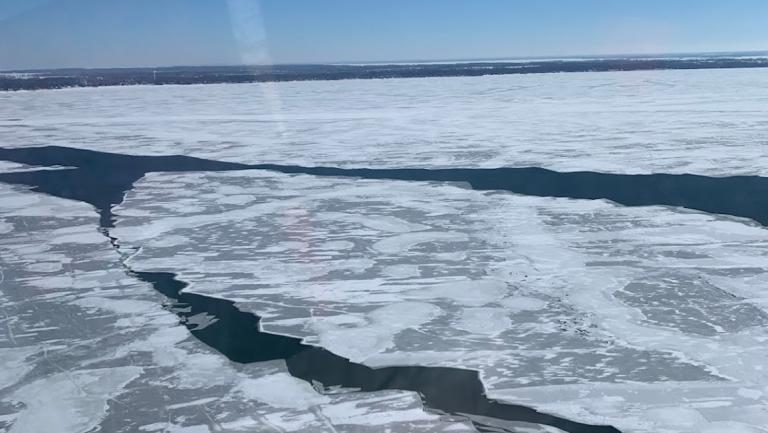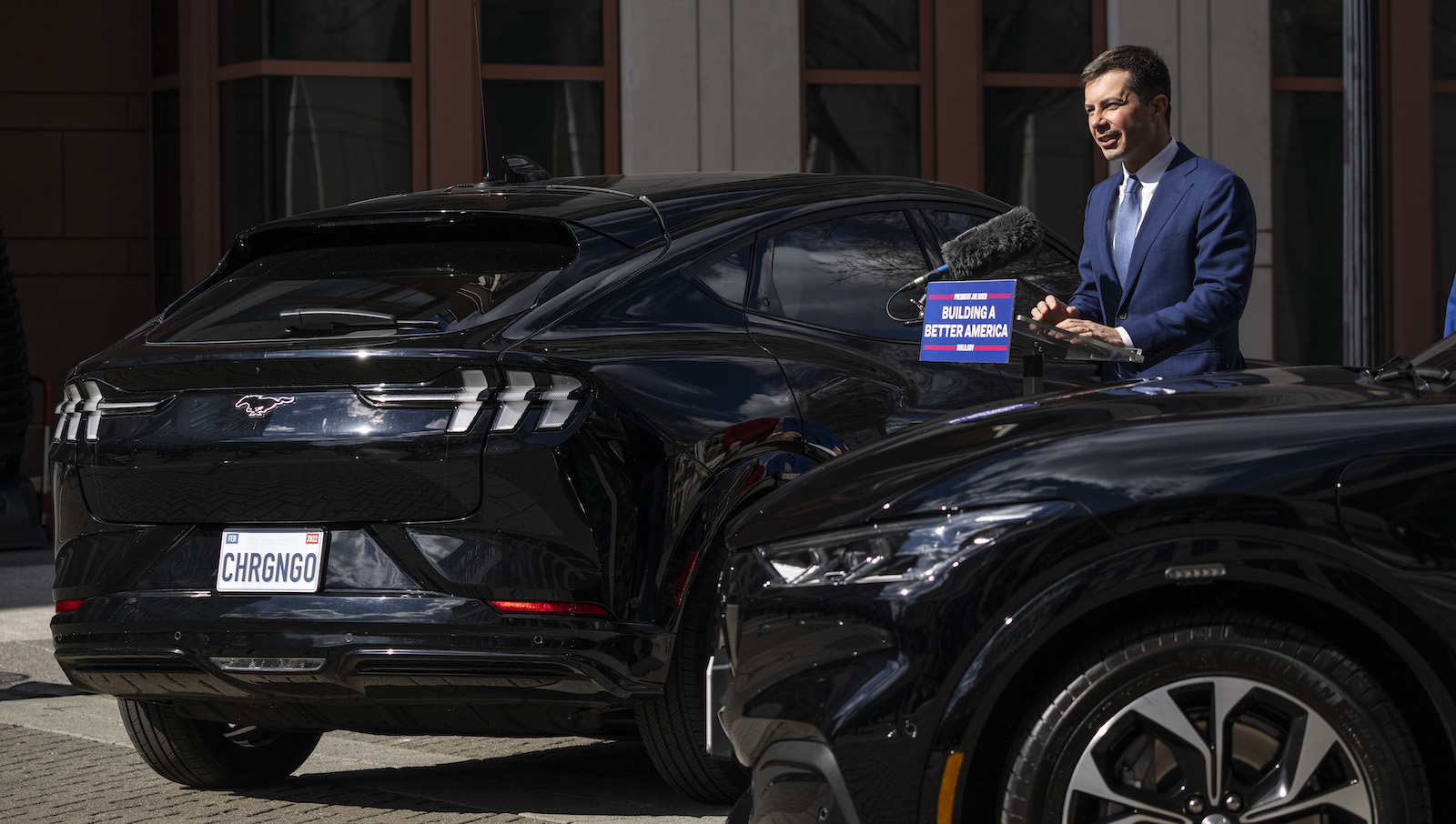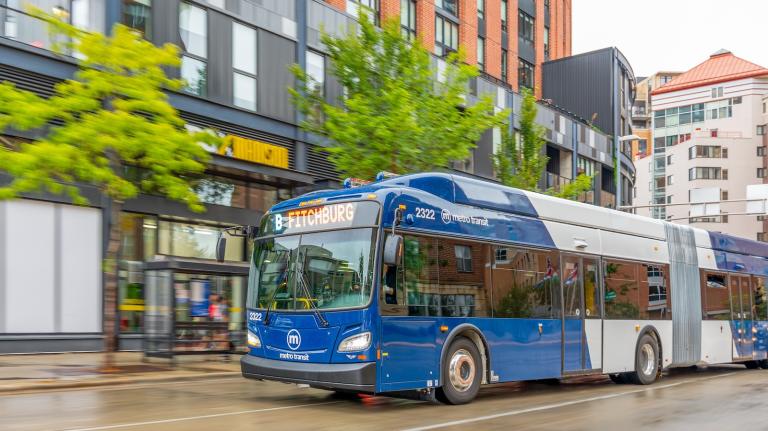One of President Joe Biden’s favorite slogans on the campaign trail was “500,000 charging stations” for electric vehicles. And now, as president, he has continued to conjure an image of an America filled with electric cars and peppered from coast to coast with lightning-fast EV chargers.
Now, some of those chargers are going to be built. On Thursday, the departments of energy and transportation jointly announced $5 billion for states to build out a network of EV chargers along the Interstate Highway System. The funding comes from the bipartisan infrastructure bill signed into law in November and is a cornerstone of the president’s climate plan. Transportation is currently the U.S.’s biggest source of carbon emissions.
“This is a big deal for the future of EV charging and EV adoption,” said Pete Buttigieg, the U.S. secretary of transportation, in an interview with Grist. “We’re partnering with states and the private sector to build out the backbone of electric vehicle charging across our entire federal and interstate highway system.”
According to Buttigieg, the funding for each state depends on its infrastructure and needs. In general, bigger, more populous states will get more: Out of a total of $615 million in funding available this year, California will receive around $57 million and Texas will get $60 million.
Most of the chargers built through the new program will be “DC fast” chargers, meaning that they can power up an electric car to 80 percent in 20 to 30 minutes. Among the types of EV chargers, DC fast are most similar to gas stations, and therefore well-suited to being placed along interstates and highways. Most public chargers are currently Level 2, meaning that they take around 3 to 8 hours for a full charge.
Buttigieg said that it’s unclear how many chargers the $5 billion will pay for. “It really depends on how the states decide to mix the fast chargers and different types of technology,” he said. According to the International Council on Clean Transportation, it costs between $30,000 and $140,000 to install a single DC fast charger. That means that the cash allocated could pay for between 36,000 and 166,000 fast chargers across the country — although it could be much more if states and private companies contribute their own funds, too.
Although fast chargers will help reduce what’s known as “range anxiety” by making EV drivers more comfortable with long-distance trips, they won’t be enough to fully support the electric vehicle transition. Most EV owners charge their vehicles at home or at the office, where slower — and much cheaper — Level 2 or Level 1 chargers are sufficient. The International Council on Clean Transportation estimates that, to support an expansion in electric vehicles along the lines of Biden’s plans, the U.S. would need to have around 2 million public Level 2 or workplace chargers by 2030.
And there, the Biden administration has hit a roadblock. For many years, companies and homeowners were able to claim a 30 percent tax credit if they installed their own electric vehicle charging stations. But that tax credit ran out at the end of last year, and its extension is tied to the Build Back Better Act, which is currently stalled in Congress.
Buttigieg argues that the second round of charger funding in the $1 trillion infrastructure bill — $2.5 billion grants for chargers in rural and low-income communities — will help mitigate that problem if Build Back Better stays stuck in the Senate. But ultimately, he said, EV charging will increasingly be cost-effective even without government support. “The fuel savings of electric compared to gas or diesel continue to bear out,” he said. “We just haven’t yet seen the market mature.”




